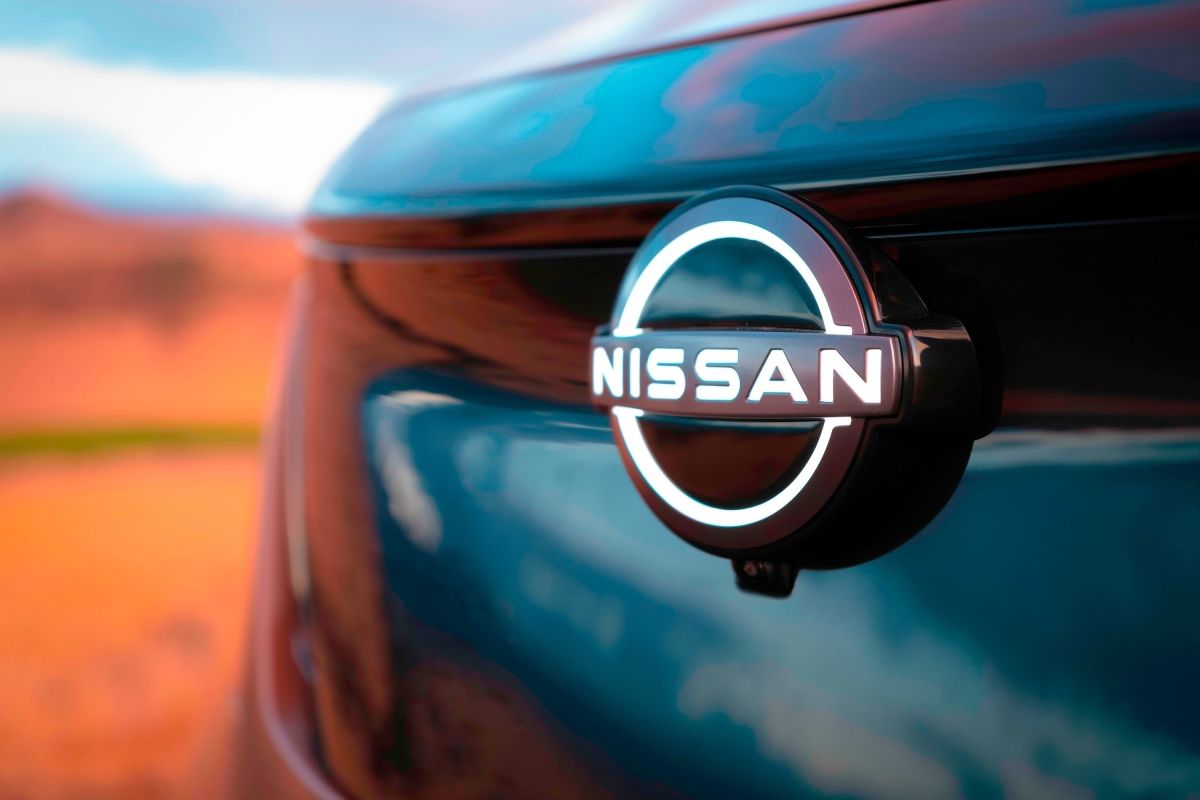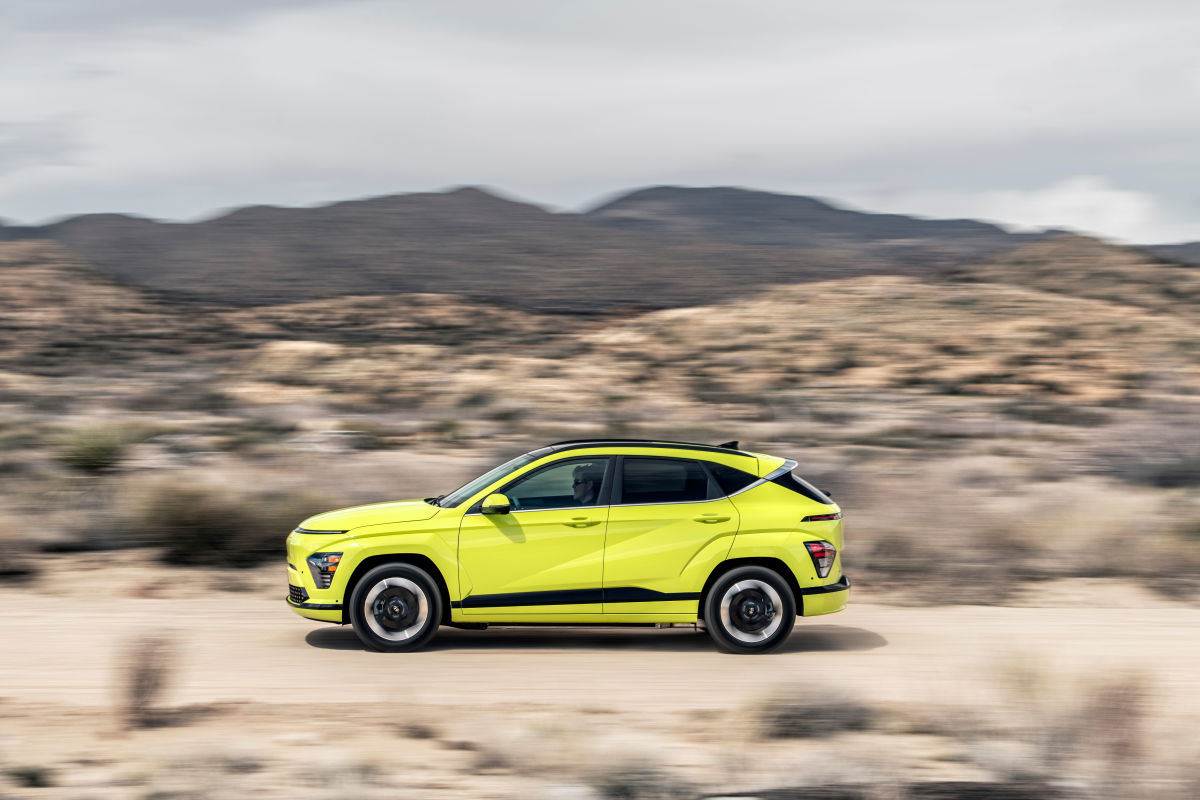Nissan Group closed the third quarter of 2025 with 223,377 vehicles sold in the U.S., representing a 5.3% increase compared to the same period last year. Of that total, the Nissan brand accounted for 210,226 units, while Infiniti contributed 13,151. The growth was driven largely by SUVs and trucks, with the Murano and Pathfinder posting impressive double- and even triple-digit gains, while the ever-popular Rogue once again stood out as the brand’s volume leader.
Pickups such as the Frontier also played a meaningful role in the surge, underscoring the enduring strength of larger vehicles in the American market. Taken together, the results highlight how consumer demand is aligning with Nissan’s core strengths, giving the automaker valuable momentum as it navigates its broader restructuring efforts.

Year-to-Date Results and Segment Challenges
Through the first nine months of 2025, Nissan Group has sold 711,903 units in the U.S., marking a 1.5% gain over the same period in 2024. While overall volume momentum remains positive, Infiniti continues to struggle, with sales down nearly 10% year-over-year.
The decline underscores the challenges Nissan faces in carving out space in the highly competitive luxury segment, where rivals such as Lexus and Genesis are steadily gaining ground. Adding to the pressure, reports suggest Nissan may even consider selling off certain assets, including its stake in a Japanese soccer team, in an effort to strengthen its finances and keep its broader restructuring on track.

Cost-Cutting and Restructuring Efforts
Internally, Nissan is pushing aggressively to streamline its operations as part of its broader turnaround plan. Tatsuzo Tomita, a key executive appointed earlier this year, has already identified more than 1,600 efficiency measures designed to trim expenses, tighten management practices, and improve profitability across multiple business lines.
These restructuring initiatives are intended not just to cut costs but to stabilize Nissan’s global position, giving the automaker room to reinvest in new products and technology while balancing its recent U.S. sales growth with mounting pressures in other regions such as Europe and Asia.

Hyundai
EV Opportunities and Market Competition
The shifting EV landscape represents both a challenge and an opportunity for Nissan. With rivals such as Hyundai trimming parts of their EV lineup, including the discontinuation of top Kona Electric trims for 2026, there is potential for renewed consumer attention on the Leaf and Nissan’s next wave of electrified models. At the same time, the competitive field remains intense, with Tesla, GM, and Hyundai all fighting aggressively for market share through new offerings, pricing adjustments, and expanded infrastructure.
This dynamic forces Nissan to carefully calibrate its EV strategy, balancing investment in electrification with its continued reliance on steady SUV and truck demand in the U.S., which remains the backbone of its sales growth.
from Autoblog News https://ift.tt/J89gj4B


0 Comments